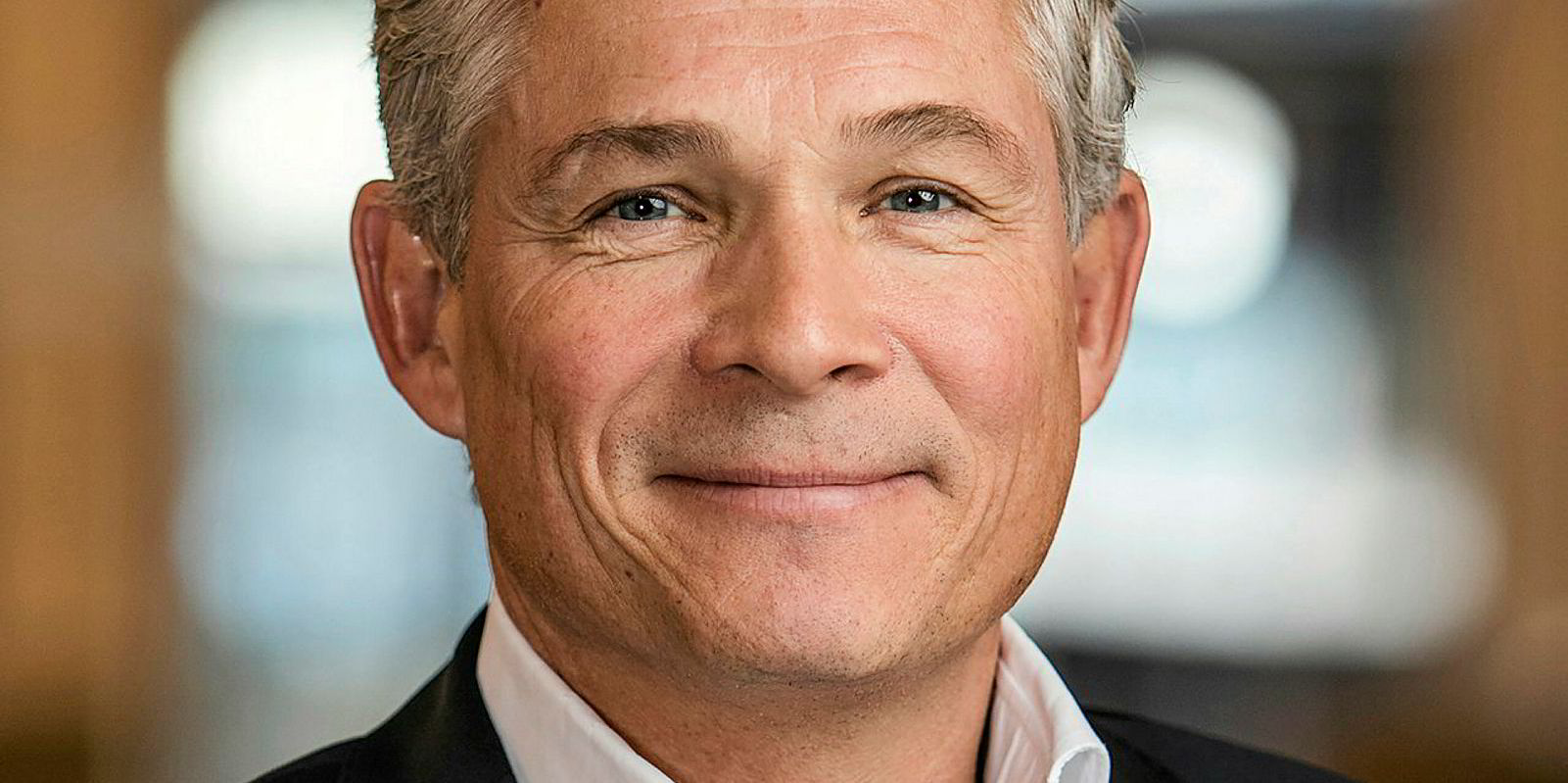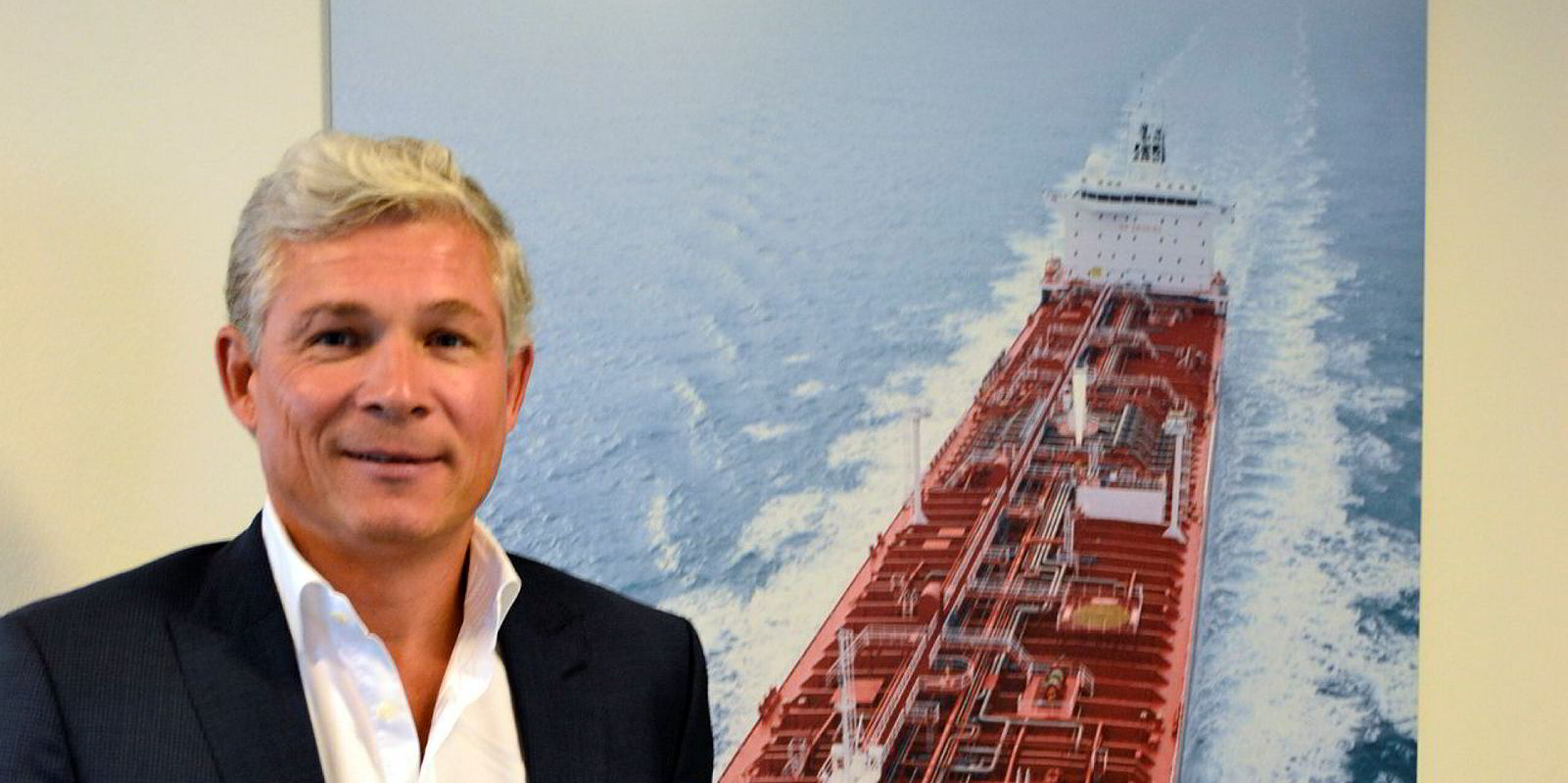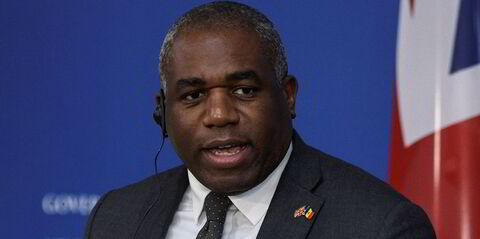Singapore product tanker giant Hafnia has beaten analyst expectations in the first quarter after rates hit record highs despite demand "destruction".
The BW Group-owned company, which is listed in Oslo, posted net earnings of $77.1m to 31 March, against $27.9m a year ago.
Revenue was up at $268 from $214m, while Ebitda of $130m was ahead of consensus, Fearnley Securities said.
The investment bank expects the second-quarter results to be even stronger, with Ebitda coming in between $140m and $150m.
"In a challenging and quickly changing world, Hafnia delivered a very satisfying net profit," Hafnia chief executive Mikael Skov said.
He called the result a competitive return on invested capital.
"The global lockdowns caused by the Covid-19 pandemic have led to unprecedented demand destruction and weak economic fundamentals," Skov added.
Correction in rates
"However, the reduction in oil demand caused a contango situation in oil prices which, in combination with added demand for floating storage and port congestion, resulted in increased freight rates in the first quarter. This spiked further in Q2, before experiencing a downward correction in May."
The commercially managed pool business generated an income of $5.9m.
Hafnia has 87 owned vessels and 15 chartered-in ships ranging from handysizes to LR2 tankers. The company said its owned fleet is worth $2.3bn.
As of 15 May, 70% of total earning days were covered for the second three months at $28,921 per day.
The company said its break-even stood at $14,182 per day in the first quarter, while its vessels averaged rates of $22,430 during that period.
Hafnia faces no big debt maturities before 2022. It is paying a dividend of $0.10 per share for the first three months.
Rates soared to new highs in late April across most routes, the shipowner said.
But they were falling again this month as production cuts of 9.7m barrels per day agreed by Opec+ members reduced the oversupply.
"The rate of recovery of oil demand in the short to medium term will likely be influenced by the reopening of countries following lockdowns," the company said.





